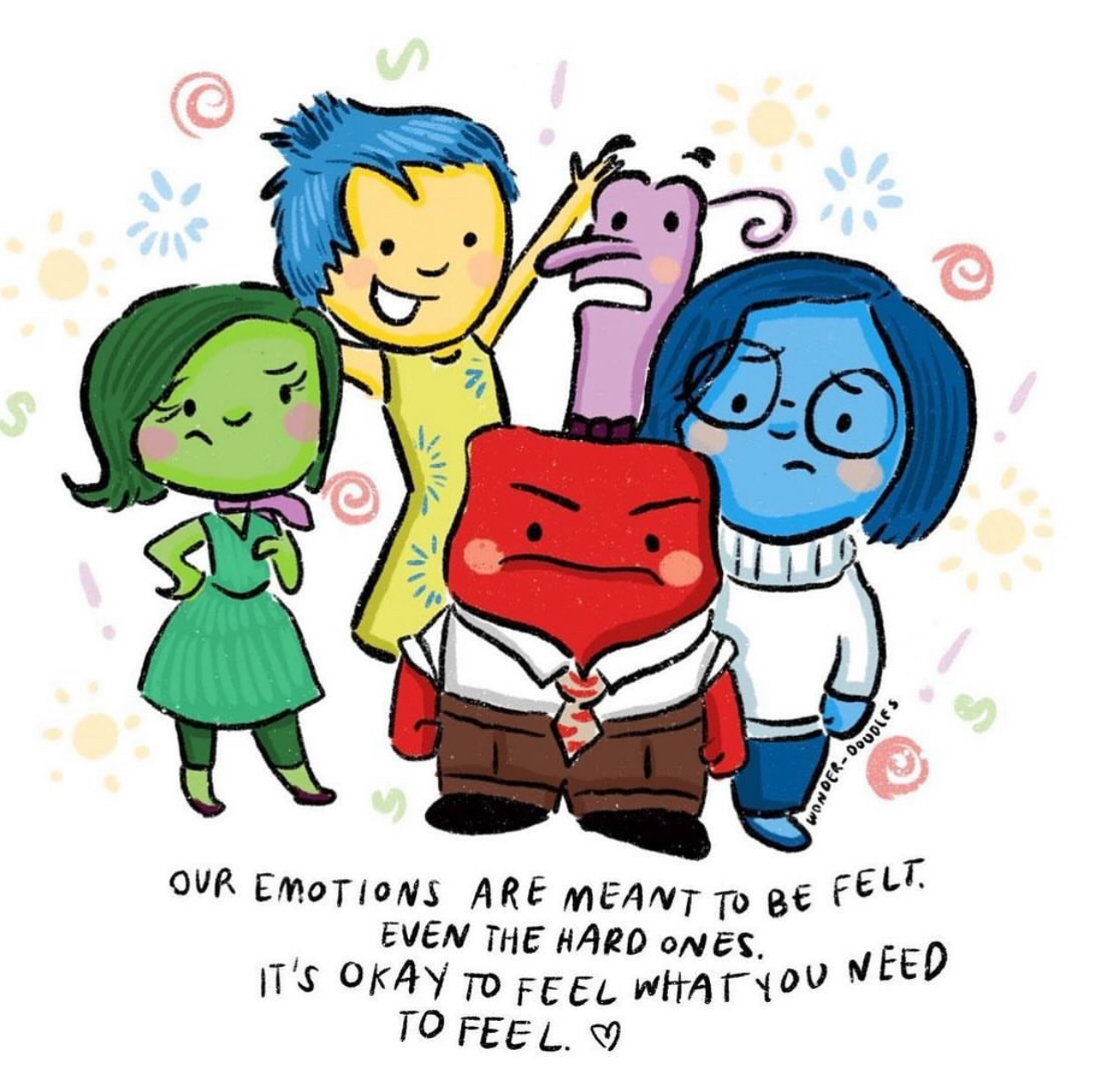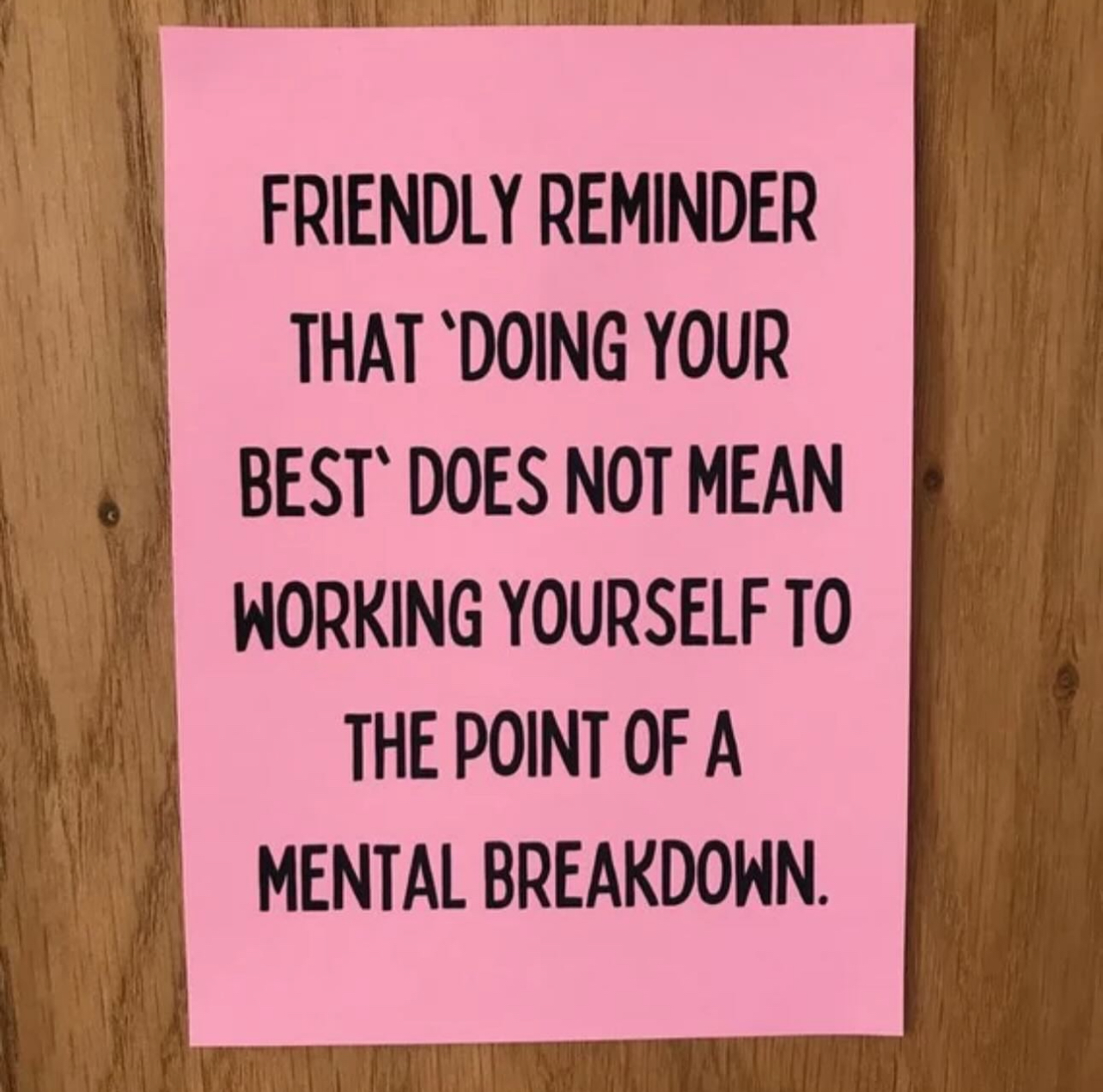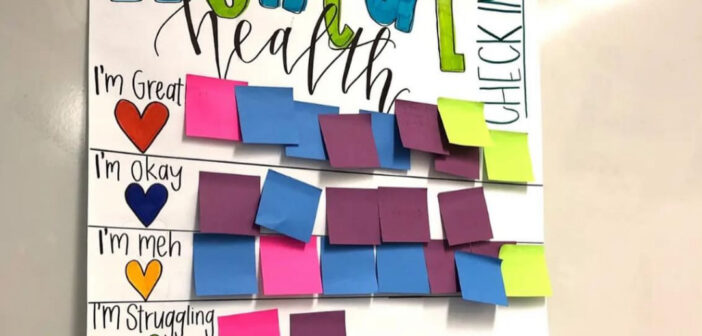By Hadassa Ferreira, Arts & Culture Editor
The generation born in the 21st century is the first to have constant access to multiple types of stimuli at the same time.
Due to the technological advancement of the Internet and the rise of social media, this is the first generation to have access to and be exposed to a vast amount of information from various sources simultaneously. Therefore, this is an era of immense mental health awareness.
Access to connections between diverse people from various contexts, made possible by the technological advancements of the 21st century, has given individuals the courage to speak openly about their mental health struggles and ways to prevent depression, anxiety, burnout, panic syndrome, and more.
Awareness of mental health discussions is spreading across more sectors of society. Nowadays, it is addressed in corporate environments, religious contexts, and educational settings.

Academic life is a phase when individuals must rely upon a huge amount of their mental health capacity to make important decisions – it is a time of immense pressure, stress, and uncertainty. This is why universities must discuss the importance of having a safe environment for students to speak about their mental struggles and find the support they need.
One of the most effective forms of mental health support is the concept of mandatory mental health days, in which students can take care of their mental health and seek out the necessary support in order to maintain mental stability. The idea is for students to take this day off and assess their mental well-being.
“I think mental health mandatory days should be a thing. Some people do not understand that mental issues are happening to them,” said Keleah Stubbs, a junior majoring in business management.
“With college life, we get so immersed in our tasks that we do not even stop to think about our mental health. I think a day separated for that is really important,” said Stubbs.
Mental health days should be a time for students to pause and reflect on whether they are worried about their professional or academic future, feeling overwhelmed, or experiencing stress or anxiety from recent events. It could also be a day when the university counts on the presence of professionals in the field to serve as guest speakers.
The idea is always to help this generation of young people deal with their mental health struggles, while also preventing future issues.

These days could also help faculty deal with their mental health challenges, not only within the academic environment but also by providing them with tools to manage mental health challenges in their personal lives.
“I think mental health days are a great idea! This is a great way to reduce burnout and introduce a healthier work-life balance,” said Stevenson Michel, a junior majoring in biology.
“Especially those who are in school deserve a break to prioritize their well-being,” said Michel.
We live in an era of mental health awareness in multiple contexts.
Society is finally understanding the importance of mental health and the need to care for our minds, just as we do for other parts of our bodies. It only makes sense for universities to adopt the same approach.





